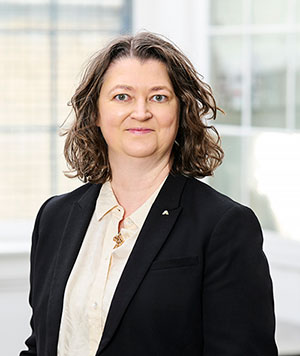WELCOME TO IABSE SYMPOSIUM TOKYO 2025!
The International Association for Bridge and Structural Engineering (IABSE) is delighted to be invited to visit Japan at the Symposium in Tokyo in May 2025. The theme of the symposium is Environmentally Friendly Technologies and Structures: Focusing on Sustainable Approaches. The Japanese archipelago is exposed to several types of natural hazards, such as earthquakes, tsunamis, typhoons, and, more recently, heavy rains and floods due to climate change. Learning from the past, engineers strive to support a resilient society by providing structures and infrastructure systems with substantial reliability, robustness, and redundancy. Our responsibility, however, goes beyond this: The most pressing issue of our time is responding to the climate emergency and to address the radical changes we need to make in the way we approach the built environment. The construction industry is responsible for a significant amount of carbon emissions and collectively we have a big responsibility to develop solutions that have a positive effect on the urgent challenges. The challenges are at a global scale and to make a real difference we need international collaboration. Since 1929 IABSE has successfully promoted the exchange of knowledge and has advanced the practice of structural engineering worldwide, in the service of the profession and in society. With members in 100 countries having expertise covering all aspects of the construction industry, IABSE has a major role to play. At the symposium, you'll have the chance to engage with leading experts and distinguished thought leaders in the field to discuss sustainability from different perspectives. We invite you to join us, share your insights, and make your voice heard. |
|
News! |
 |
Sponsors:
Platinum
Silver
IABSE | Have a question?
|




















.jpg)


